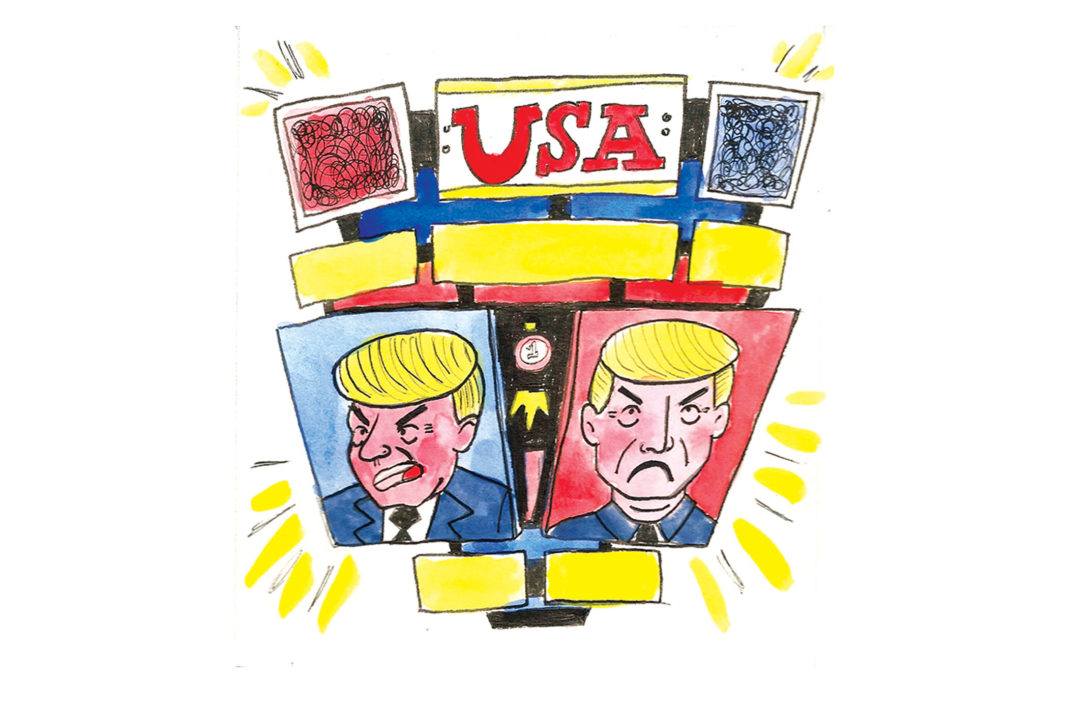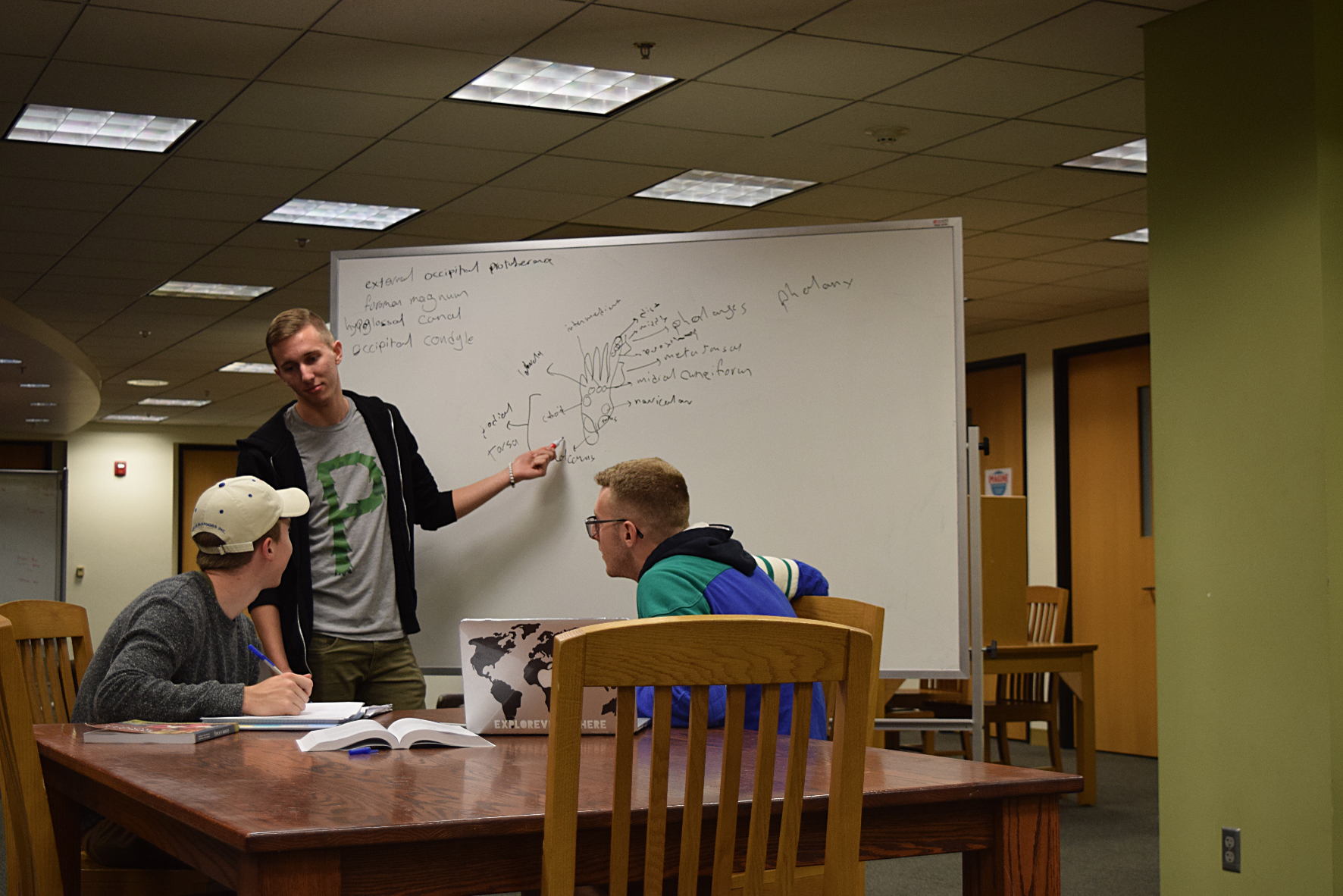Following a sports team and the passion that comes with this dedication is a curious phenomenon of intangibles. For one, you see athletes performing tasks and accomplishing a seemingly impossible sense of momentum in a manner that suggests the supernatural, or at least the pinnacle of human possibility. On the other hand, because it’s your team, you identify with this passion; you identify with the struggles the team feels, and you, in a way, take ownership over the team. When the team fails or struggles, you feel anxiety in a way that corresponds to the pressure of the team. There’s a certain cohesion going on: you as spectator, them as players working together, and above all, an accepted community that creates this spectacle of accomplishment and competition.
But here you are watching the games on YouTube, your favorite team or your favorite player winning their thing, and you are reliving the moment to re-establish that sense of satisfaction, of victory, of impossible accomplishment.
Replaying sports videos is in no way a new phenomenon. The channel ESPN Classic has stuck around for years on the basis of this nostalgia, playing everything from classic boxing matches to Super Bowls of years past. This word classic seems to indicate some sort of collectively understood notion that these particular events stood for something—perhaps as an exhibit of culture and sports interacting in unprecedented ways—to the point where the figures involved become chapters in a wider history of our society.
Perhaps they are like Jackie Robinson or Muhammad Ali, who overcame racism and class adversity to accomplish great goals. Or maybe they are like the late ‘80s San Francisco 49ers or the many successful Chicago Bulls teams of that era. Perhaps the replaying of these events provides that sense of cultural belonging, of a history they are let in on that they can make sense of.
Outside of this cultural merge, however, is something more personal. I interviewed a friend of mine from Vacaville, Calif., who now lives in Berkeley, Calif., about the different times he’s spent with his family watching old sports videos. They used to watch ESPN Classic, and sometimes they would watch recorded games on VHS, games they have seen over and over again. Sometimes he would watch recent baseball games with his father, games in which the San Francisco Giants would go on to win the World Series. Baseball is a social sport: There is a lot of space for talk, and they take advantage of this space entirely.
They talk about family and remember pastimes with extended family they hadn’t seen for a long time. They pause between stories to express excitement over plays they’ve seen many times before. Sometimes his uncle will come over and start running off certain stats and contextual cues that neither of them would ever know but would still be captivating.
He tells me this practice is satisfying on some sort of metaphysical level that establishes a mirror of human cohesion: If a team can come together to accomplish impossible tasks, maybe a family can continue to prosper and be well. These are small victories in a sense, and there is nothing tangibly gained through this experience necessarily. Yet communities are created this way; one does not have to search YouTube for a long time to notice the amount of commentary and public space established around replaying sports. Comments upon comments and a rabbit hole of links to other related videos, further commentary, memes on memes, and maybe even professional analysis. This rabbit hole is something people are passionate about, even if it seems trivial and one-dimensional to those who don’t share the experience. Perhaps it’s even a form of therapy.
I am writing this two days before the one-year anniversary of Trump’s victorious election night, and I have blurry visions of where I was, what I was doing, and the people I was around. People in the bar near my house expressed they were grateful they lived in a community that wouldn’t support this president and his policies, but increasingly afterward, there has become this slight unease: Maybe you can’t really trust those in your community you thought you could.
Trump, in many different avenues of culture including sports, has functioned and benefited from the increase in polarization, distance and distrust among citizens of all varieties. He is attempting to establish a culture directly opposed to this human cohesion felt when reliving a moment with your favorite team, and instead channels the deep-rooted anxieties and tension we sometimes feel when encountering other people or even our families.
It might seem quaint or trivial, but maybe there is something to this relationship between fans and athletes that transcends the current moment and speaks to a relevant history of grace and accomplishment. One year later, maybe we all could use this reminder.






